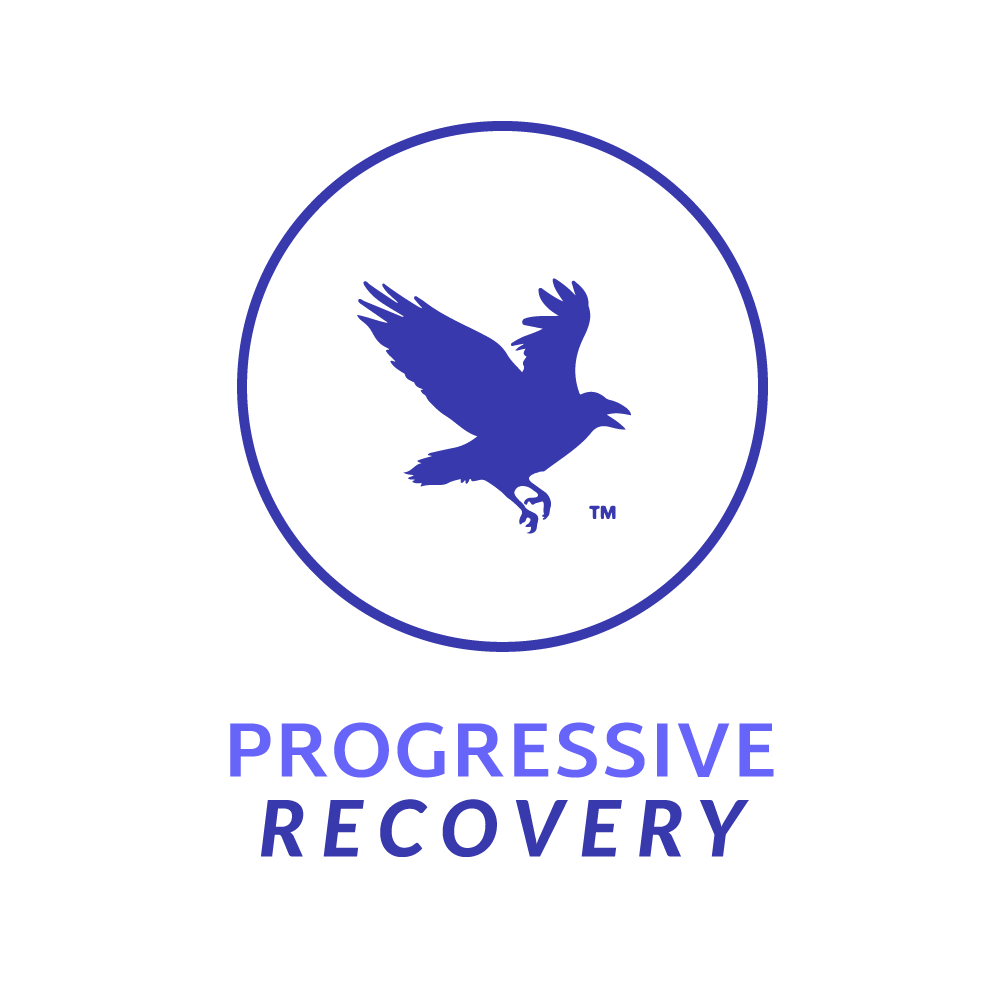Emotional Sobriety
Imagining Freedom
“Thank you that my happiness, contentment and well-being is not dependent on anyone or anything.”
~Ronald Chapman, An Affirmative Prayer to a Power Greater Than Our Selves
*****
One of the most awe-inspiring gifts of a long-term and progressive recovery is what Bill W called “emotional sobriety,” which he characterized in a 1957 article for the Grapevine entitled The Next Frontier. However, the idea is often misunderstood as some kind of management of our emotions, which is really not possible. Instead, Bill proposes that when we are no longer dependent on people or circumstances to make us feel secure, valued or validated, then we find ourselves experiencing remarkable stability. Bill went very far indeed in describing what would be needed:
"Reinforced by what Grace I could secure in prayer, I found I had to exert every ounce of will and action to cut off these faulty emotional dependencies upon people, upon AA, indeed, upon any set of circumstances whatsoever … Then only could I be free to love as St. Francis had been. Thus I think it can work out with emotional sobriety. If we examine every disturbance we have, great or small, we will find at the root of it some unhealthy dependency and its consequent unhealthy demand."
We realize this seems impossibly idealistic, and yet, it is the experience, strength and hope some of us carry as one of the greatest gifts of our recovery! It was this profound reality that caused my long-time sponsor, affectionately known as Master Samwise, to pronounce, “Damn! If the problem of dependency is one-hundred percent within us, then the solution is one-hundred percent within us.” Just imagine the freedom that comes with no longer being dependent on anyone or anything outside ourselves!
Judy Borich, a New Mexico based spiritual teacher, called this “equipoise,” and described it as the state when we are neither drawn nor repelled by something. Buddhists speak of “equanimity,” which is defined as "mental calmness, composure, and evenness of temper, especially in a difficult situation.” Interestingly enough, one synonym is “serenity,” which now takes us into the Big Book Promises described after completing the first nine steps: “We will comprehend the word serenity” and “We will know peace."
There is much to be learned and even more to be gained by exploring emotional sobriety further. Here’s a link to the virtual workshops recorded a few years ago for Pavillon Recovery Center and a link to “Ron’s Stories,” where you’ll find two conference workshops in 2024 and 2020 that focused on emotional sobriety.
For many of us who arrived at the rooms of recovery deeply disturbed in any number of ways, the idea of simply being okay is a very powerful one. As always, the proposal of Progressive Recovery is that our experiences of these benefits can continue to deepen and advance as we practice the principles of recovery more and more deeply over time. Bill pointed us toward this idea, and it is our growth and development in recovery that brings it to fruition.


